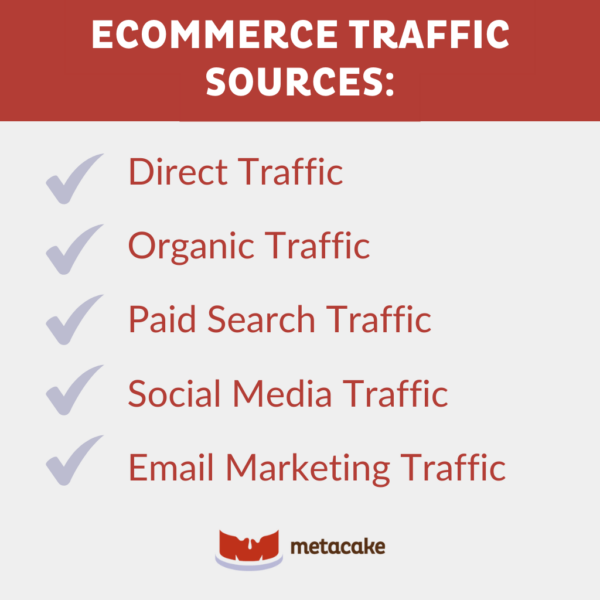5 Zendesk Hubspot Alternatives
In the realm of customer service and sales software, Zendesk and HubSpot are two names that often come up in conversation. However, the needs of businesses can vary greatly, and what works for one company may not work for another. This is where alternatives come into play, offering different features, pricing models, and approaches to customer management and sales. If you’re looking for alternatives to Zendesk for customer service and HubSpot for sales and marketing, here are five options that are worth considering:
1. Freshdesk
Freshdesk is a popular alternative to Zendesk, offering a comprehensive customer service platform. It comes with features such as ticketing systems, automated workflows, and integrations with numerous third-party apps. Freshdesk also provides advanced reporting and analytics, helping businesses understand their customer service performance and make data-driven decisions. For sales teams, Freshsales, a part of the Freshworks suite, offers a CRM solution that integrates well with Freshdesk, providing a unified view of customer interactions from sales to support.
2. Salesforce
When it comes to CRM systems, Salesforce is one of the most recognized names. As an alternative to HubSpot, Salesforce offers a robust platform for sales, marketing, and customer service teams. It includes advanced features like lead management, opportunity tracking, and custom dashboards. Salesforce also has a wide range of integrations available, including with customer service platforms like Service Cloud, which offers capabilities similar to Zendesk. This makes Salesforce a powerful option for businesses looking for an integrated solution that covers both sales and customer service needs.
3. Zoho CRM
Zoho CRM is another versatile alternative to HubSpot, especially for small to medium-sized businesses. It offers a range of tools for sales, marketing, and customer service, including lead management, sales forecasting, and marketing automation. Zoho also integrates well with Zoho Desk, its customer service software, which can serve as an alternative to Zendesk. Zoho’s suite of products is known for its affordability and scalability, making it a compelling option for growing businesses that need a comprehensive but budget-friendly solution.
4. Pipedrive
For businesses focusing on sales performance, Pipedrive is a dedicated sales CRM that acts as a potent alternative to HubSpot’s sales features. It’s designed specifically for sales teams, offering features like pipeline management, sales forecasting, and automation of routine tasks. While it might not have the broad marketing and customer service features of HubSpot, Pipedrive integrates well with various third-party tools, including customer service platforms, to provide a connected sales experience. Its simplicity and focus on sales pipeline management make it an attractive choice for sales-driven organizations.
5. Copper
Copper (formerly ProsperWorks) is a Google-recommended CRM that serves as a streamlined alternative to HubSpot, particularly for businesses already ingrained in the Google ecosystem (e.g., Google Drive, Google Calendar). It offers effortless integration with Google apps, making it easy to manage contacts, leads, and sales pipelines directly from Gmail or other Google tools. Copper also has a customer service component, though it might not be as robust as Zendesk or dedicated customer service platforms. Its strength lies in its simplicity, automation capabilities, and native integration with Google products, making it a favorable choice for businesses seeking a lightweight yet effective CRM solution.
Choosing the Right Alternative
When evaluating these alternatives, consider the specific needs of your business. Factors such as the size of your sales and customer service teams, the complexity of your customer interactions, your current technology stack, and your budget will all play a role in determining the best fit. It’s also crucial to assess the scalability of the solution, as your business grows, so does the need for more advanced features and integrations.
Each of the alternatives mentioned has its unique strengths and can cater to different aspects of your business needs, whether it’s customer service, sales, or a combination of both. Taking the time to explore demos, read reviews, and possibly engage in free trials can provide invaluable insights into which platform will best serve your organization’s goals and operational style.
What are the key factors to consider when choosing between Zendesk and its alternatives for customer service?
+When deciding on a customer service platform like Zendesk or its alternatives, consider factors such as the size of your support team, the volume of customer inquiries, the channels through which customers prefer to interact (e.g., email, chat, social media), and the need for integration with other business systems like CRM or marketing automation tools. Additionally, evaluate the scalability, customization options, and cost of the platform.
How does HubSpot's pricing compare to its alternatives for small businesses?
+HubSpot's pricing can be quite steep for small businesses, especially when considering the full suite of tools. Alternatives like Zoho CRM offer more affordable plans with similar features, making them attractive to smaller businesses or startups. It's essential to compare the pricing models of different platforms, considering the specific features and user seats your business requires, to find the best value.
Can these alternatives provide the same level of integration as Zendesk and HubSpot with other business apps?
+Many of the mentioned alternatives offer robust integration capabilities with a wide range of business apps, though the extent and ease of integration can vary. For instance, platforms like Freshdesk and Salesforce have extensive marketplaces with hundreds of pre-built integrations, while others might require more customization or rely on third-party integration services like Zapier.
In the end, the decision between these alternatives and the original platforms (Zendesk and HubSpot) should be based on a thorough evaluation of your business’s unique needs, growth stage, and operational preferences. Whether you prioritize advanced customer service features, powerful sales tools, or seamless integration with your existing tech stack, there’s an alternative out there that can better align with your goals and offer a more tailored solution to drive your business forward.
